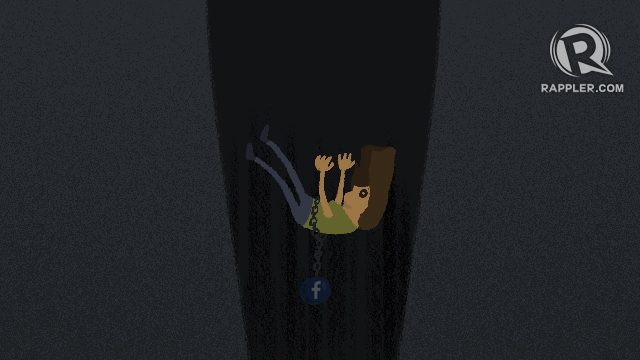SUMMARY
This is AI generated summarization, which may have errors. For context, always refer to the full article.

Mark Zuckerberg says he doesn’t believe Facebook is a monopoly.
At a US Senate hearing on Tuesday, April 10, Zuckerberg responded to Senator Lindsey Graham’s question on this, saying, “It certainly doesn’t feel like that to me.”
His reasoning is that the average American uses 8 different apps to communicate with loved ones, and these include everything from applications to electronic mail.
I disagree when Zuckerberg says this, as Facebook’s influence extends beyond just America, even if his discussion point was primarily for an American audience affected by a massive data privacy scandal.
Facebook concerns itself with the lives of over 2.2 billion people around the world, out of an estimated current global population of 7.6 billion people.
Facebook grew, in part, because of the pressure people felt to be in touch with the world around them. There is an enormous pressure to be connected to people and to stay connected, as part of a digital divide between the technological haves and have-nots.
Facebook makes the choice simpler by providing a free, effective means of communication to connect people through its social network as well as its related acquisitions, such as WhatsApp and Instagram.
By doing so, Facebook takes our time. It concerns itself with companies and businesses looking to gain influence and make money. It maintains our access to our friends and family, especially if distance is involved. It also affects how we feel, not only about the people we’re connected to, but also how we feel about ourselves as we compare our lives to others.
Sadly, there is no other company that does anything quite like Facebook, which means its platitudes of policing its platform and of taking responsibility for its missteps are filled with hubris.
Facebook has no direct competition in social media spheres. It has edged out any potential competitors in its acquisition of our attention – whether it be Friendster or Multiply or perhaps even Twitter and Snapchat – by either purchasing them and making them subsidiaries, or providing an alternative to our benefit that is simply better constructed, or at least better-funded.
To ignore or delete Facebook, while admirable, is like abandoning a useful tool that helps us as much as hurts us in the long run. As long as the people you love use Facebook, it’s a hard choice to make to abandon the social media sphere, and that’s a distressing thought.
Ultimately, Mark Zuckerberg says Facebook is not a monopoly.
It certainly doesn’t feel like that to me. – Rappler.com
Add a comment
How does this make you feel?
There are no comments yet. Add your comment to start the conversation.